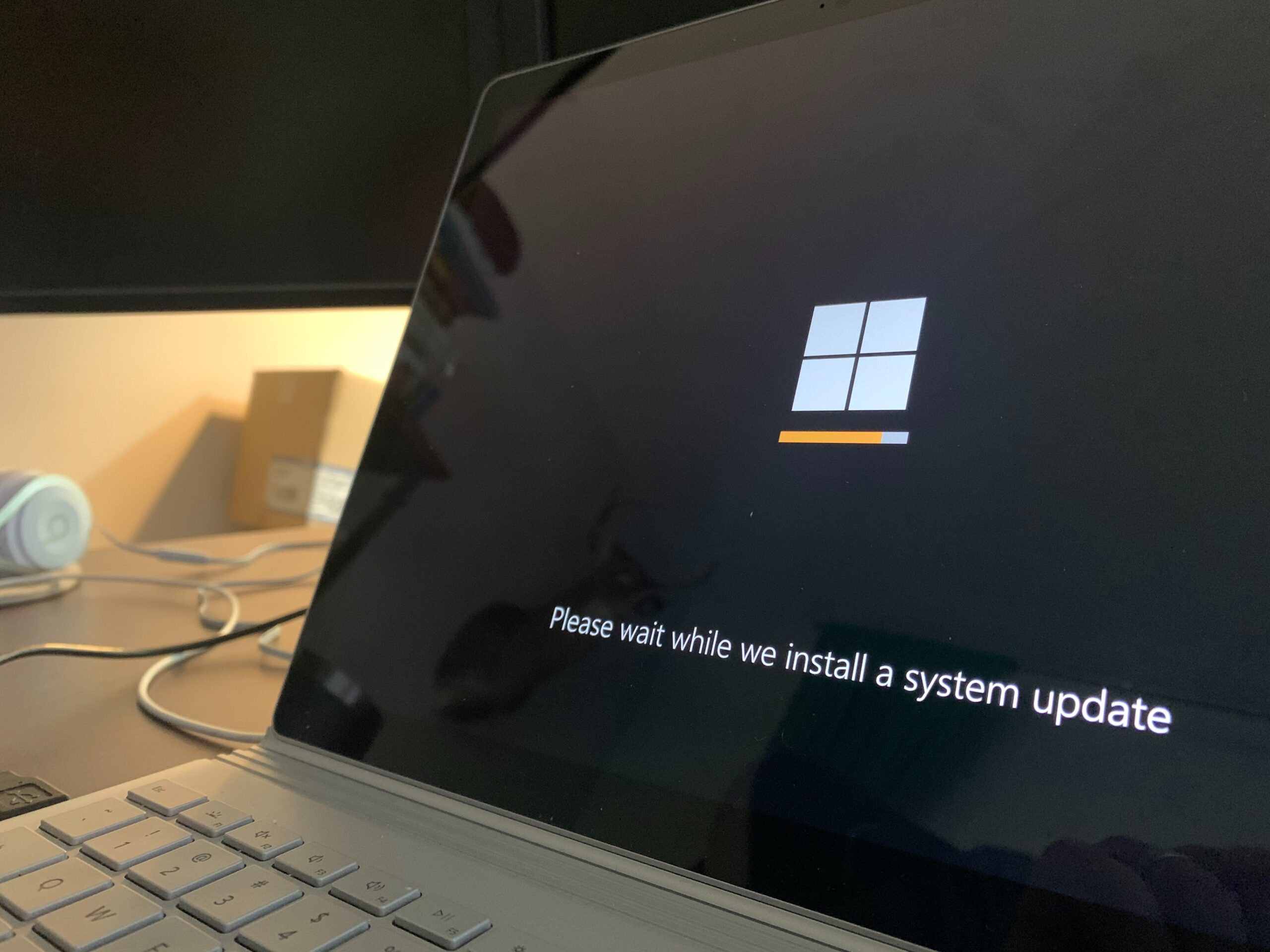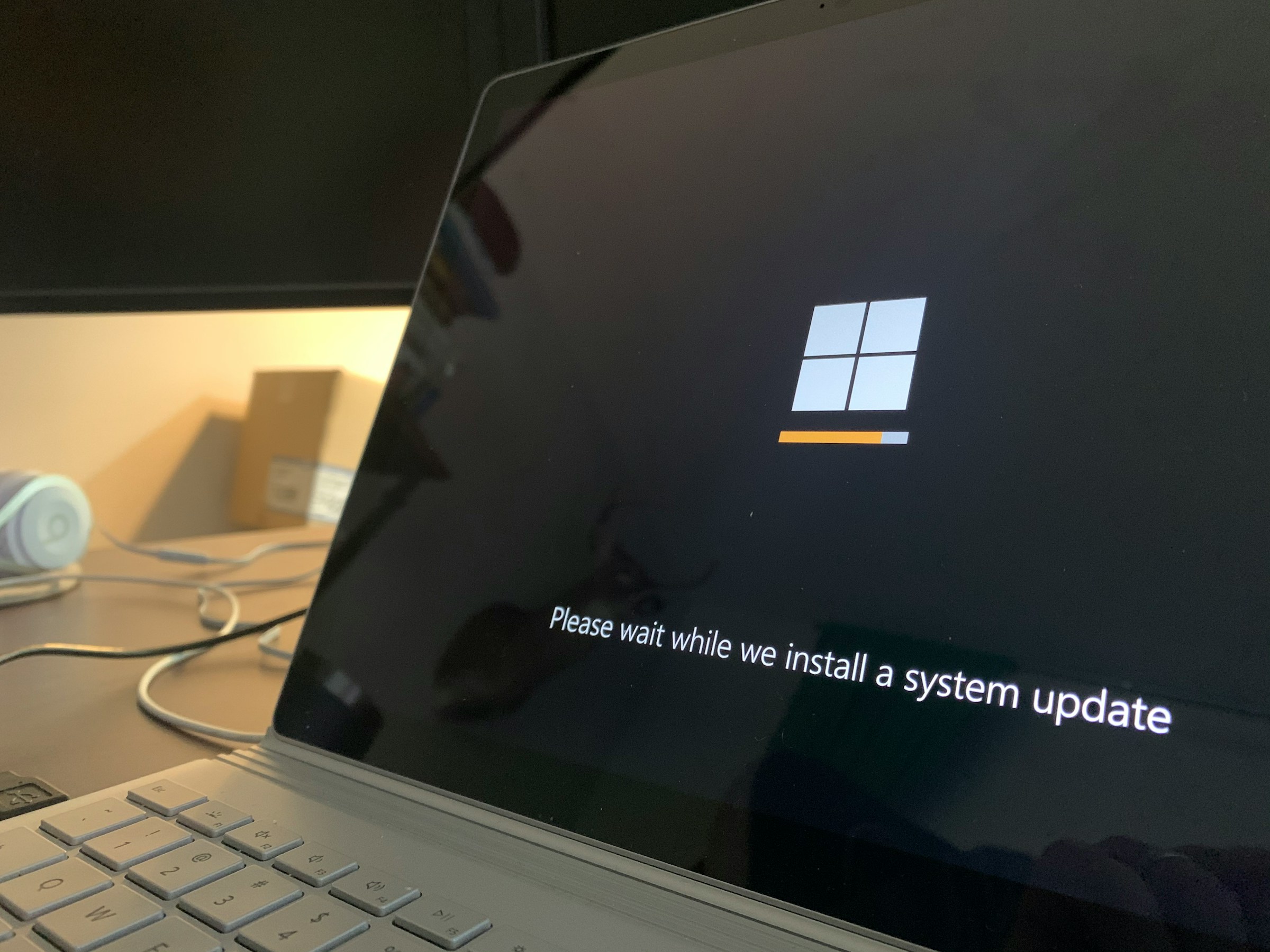Four Updates to Protect Your Business Data

Security updates are essential for maintaining proper defenses against cyberattacks. Software isn’t perfect, and vulnerabilities will always be discovered. The goal is to patch those flaws before bad actors learn how to exploit them.
To kick off the new year, make sure you have these four security updates installed on your devices, as highlighted by Wired, if applicable. That way, your business data will be protected from potential exploits.
iOS 17.2
Apple released iOS 17.2 for the iPhone back in December. While it contained some new features users could try out on their end, it also shipped with a series of security patches. 17.2 in particular sports 12 fixes, including a WebKit patch that fixes an issue that could let a bad actor execute their code on your device. The update also fixes an issue where an app could fall out of its secure sandbox (a security method that ensures bad actors cannot access a particular app).
Luckily, none of the included vulnerabilities are zero-days, so bad actors weren’t necessarily aware of the flaws or how to exploit them—at least at the time the update released.
In addition, 17.2 blocks the device Flipper Zero from executing Bluetooth attacks, something that became a bit of a nuisance in recent months.
Android OS
If you use an Android device, Google recently released an update patching almost 100 security vulnerabilities. Notably, there were two flaws in the Framework patched here: These could allow bad actors to escalate their privileges remotely on your device. Worst of all, bad actors didn’t need users to do anything at all to exploit this flaw, so only the patch could protect them.
Another flaw in the System could lead to remote code execution, allowing a bad actor to take over your device.
Windows
Microsoft’s latest Patch Tuesday update patches more than 30 flaws. Chief among these are a handful of remote code execution flaws. Patching these ensures bad actors cannot run their own code on your machine and take it over.
Google Chrome
If you use Google Chrome, or a Chromium-based browser like Edge, you need to make sure you’re running the latest update. This patch fixes a zero-day heap buffer overflow vulnerability: Google confirmed it is aware an exploit exists in the wild.
Share This



